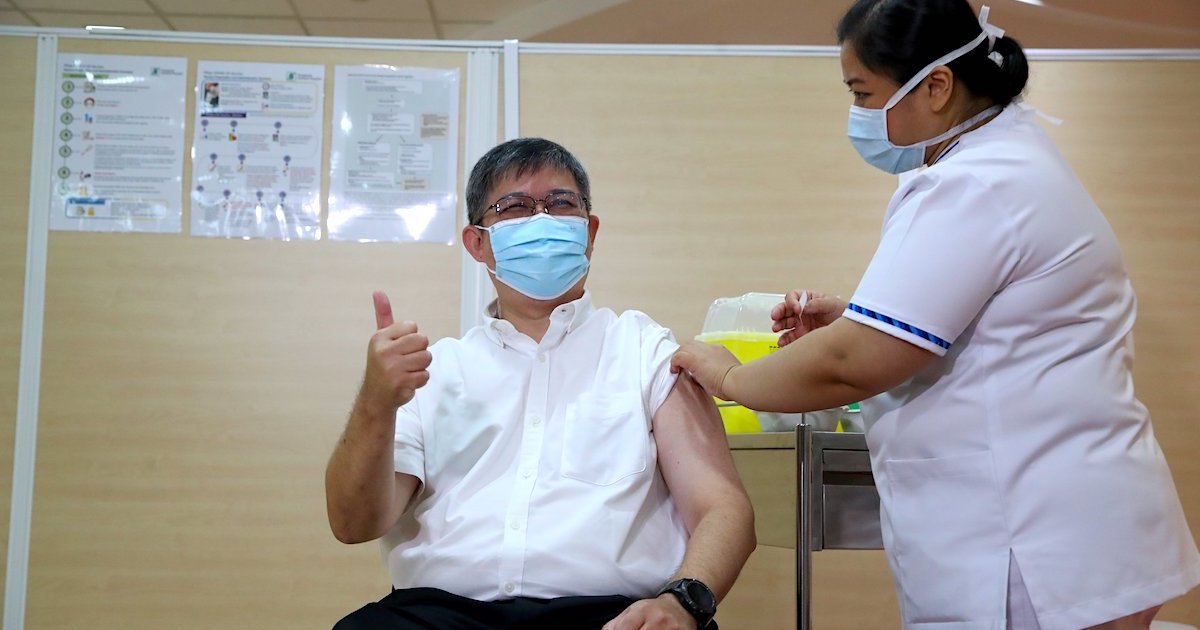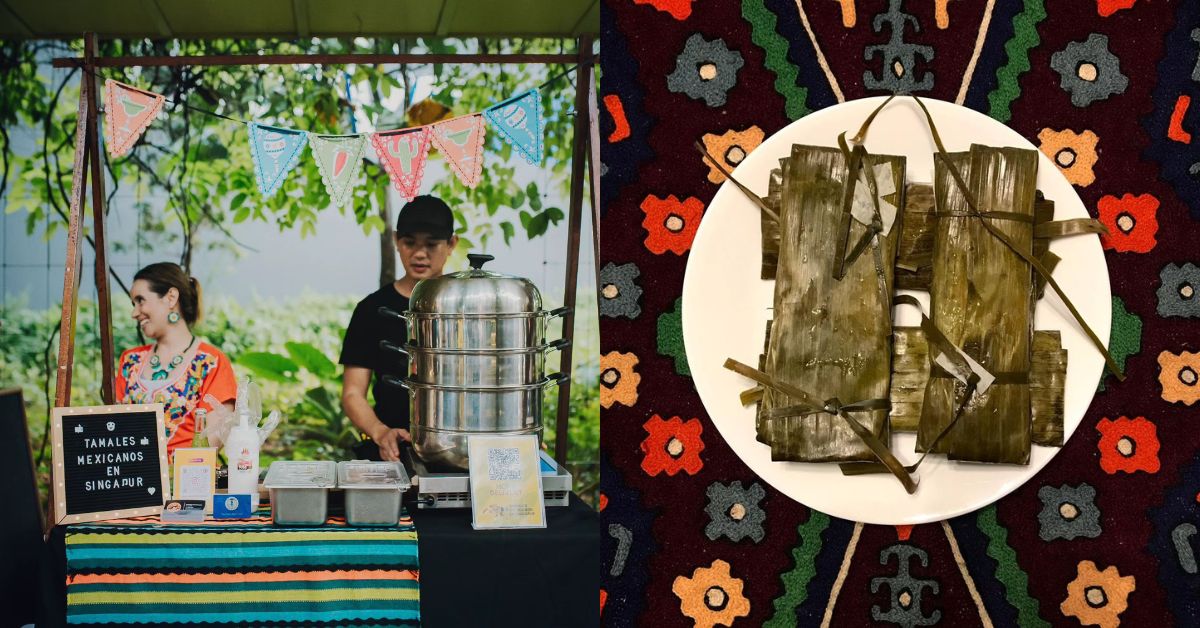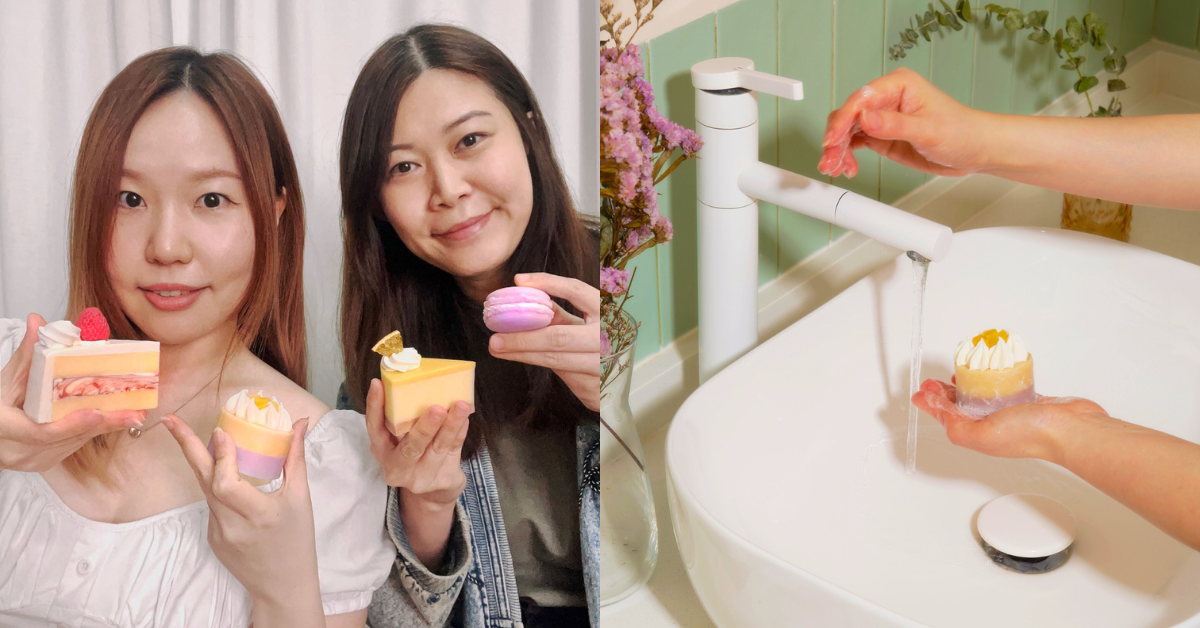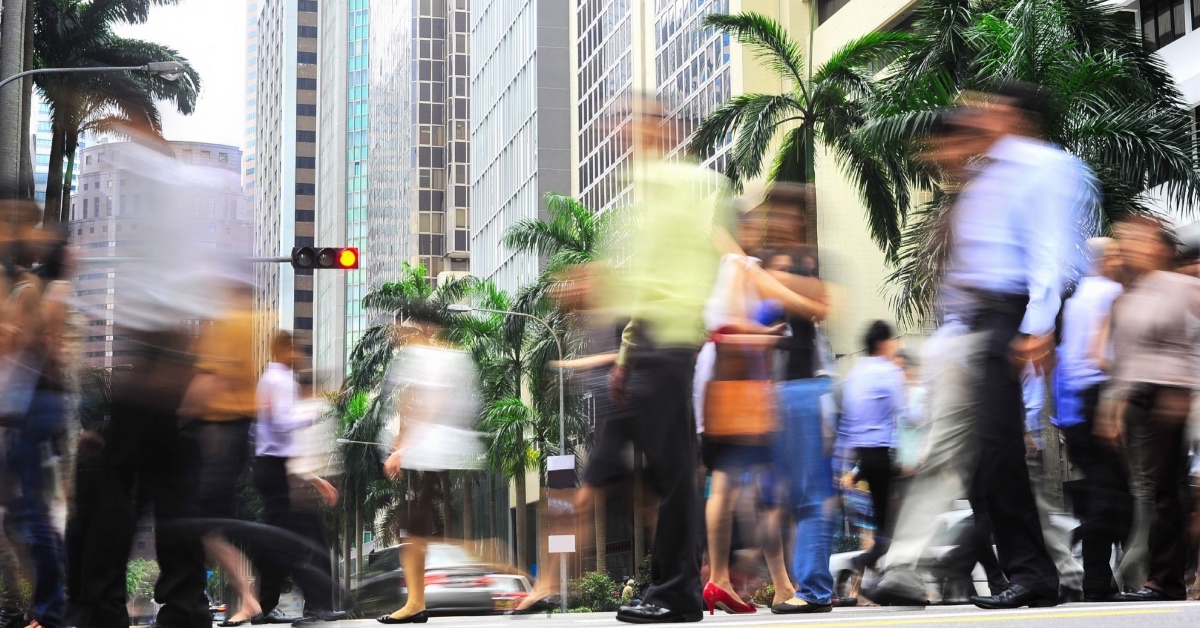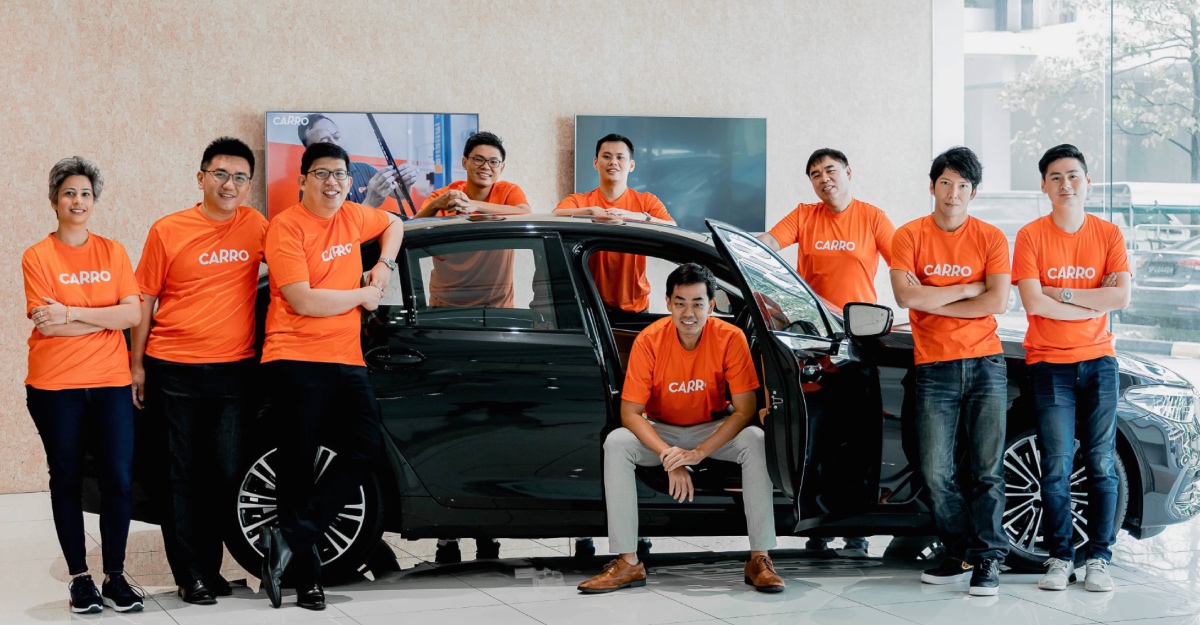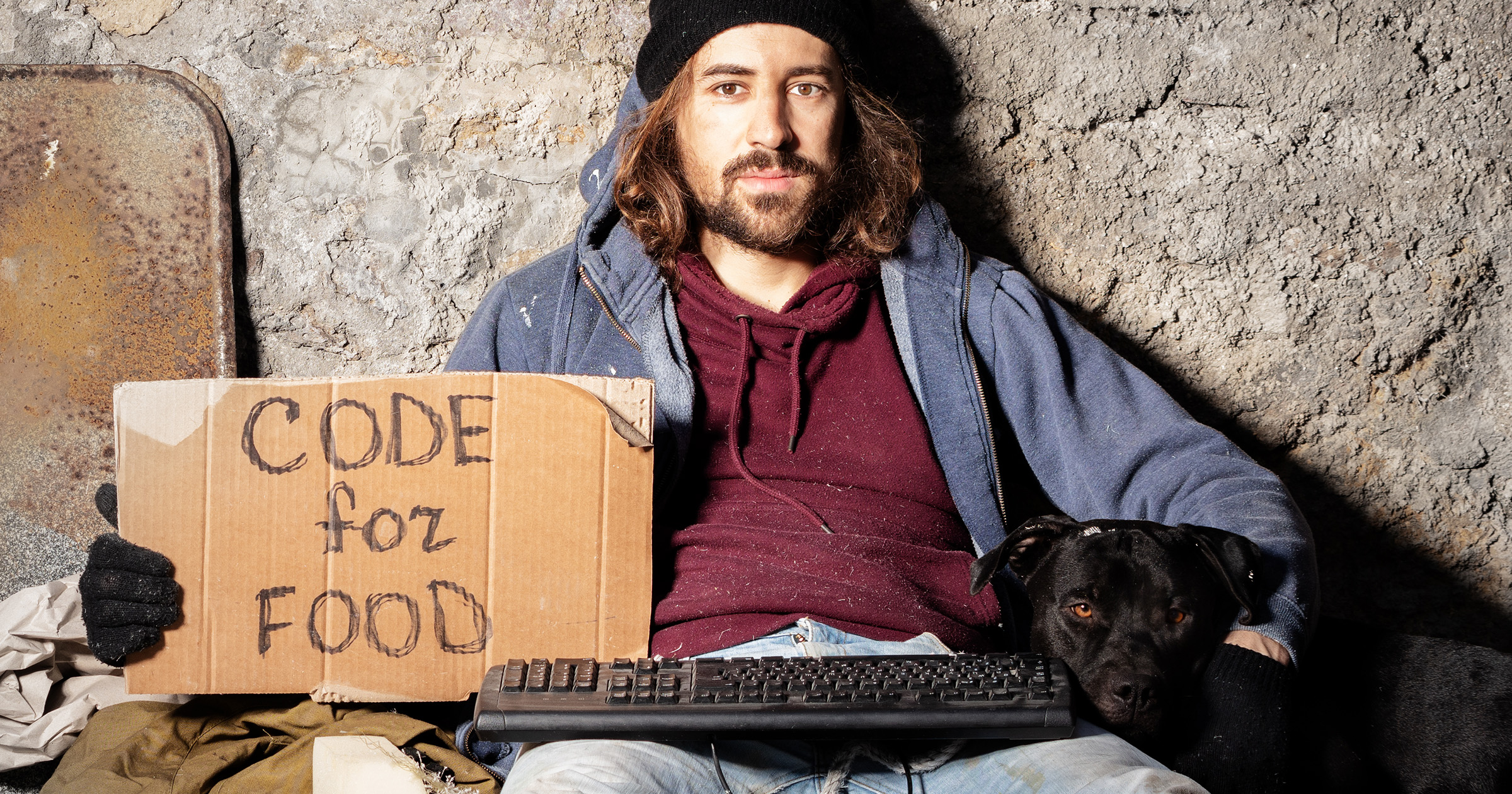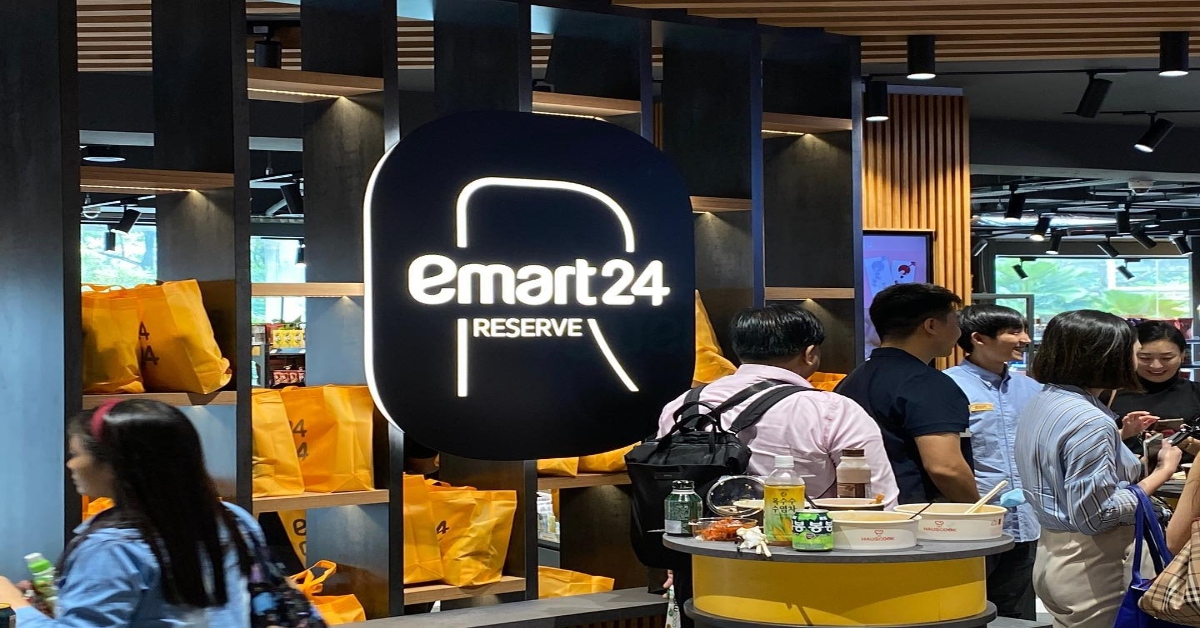Minister of Trade and Industry Chan Chun Sing announced last week that 40 vaccination centres will be set up in Singapore by end-March this year, with an aim to have one community vaccination centre in each HDB estate.
Each centre can deliver about 2,000 vaccinations a day. This is on top of vaccination operations at all 20 polyclinics and selected public health preparedness clinics.
As vaccine supply will arrive in Singapore in batches over several months as manufacturers increase their production, vaccination in Singapore has started with groups who are at greater risk and hence, in most need of COVID-19 vaccination.
This includes healthcare workers and COVID-19 frontline workers, as well as vulnerable groups at greater risk of severe disease from COVID-19 infection, such as the elderly.
As of February 1, more than 155,000 people have received the first dose of the Pfizer-BioNTech vaccine in Singapore since the vaccination drive started on December 30 last year.
How Is The Vaccination Process?

- Step 1: Book your appointment
Currently, appointment slots are only open for healthcare, frontline workers and seniors. The vaccination will be progressively offered to the rest of the population in Phase 3.
However, you can start pre-registering your interest here and you will be notified via SMS when you can book your appointment.
Booking an appointment is necessary, given the cold-chain requirements at the vaccination sites and multi-dose vials of the vaccine. It will also ensure operational efficiency and minimise individual wait times.
- Step 2: Vaccination day
Bring your vaccination card and NRIC to the vaccination venue. You will be required to answer a few questions about your medical history before heading over to the waiting area.
At the vaccination booth, a medical professional will administer the vaccine. An alcohol swab is rubbed on your arm first, and you will be injected on the muscle of your upper arm.
- Step 3: 30-minute observation period
After the vaccination, you will be redirected to an observation area where you would have to wait 30 minutes to see whether any negative reaction occurs.
Some soreness in the arm is to be expected, but if you get a rash or a headache, or experience dizziness, you will be taken to a nursing station to be treated by a doctor.
- Step 4: Go for your second jab three weeks later
At the final counter, you will be asked further questions about how you are feeling. If all is well, you will be allocated a second appointment, which will take place around three weeks later. It takes two jabs for the vaccine to be fully effective and for the protection to last as long as possible.
The vaccination will unlikely leave a scarring as this is an intra-muscular injection so the inflammation occurs in the muscle.
Can We Trust A Vaccine That Is Developed So Quickly?

The only vaccine approved for use in Singapore used to be only the Pfizer-BioNTech vaccine. Today (Feb 3), the HSA also authorised the use of Moderna’s COVID-19 vaccine in Singapore.
Multiple steps have been taken to ensure that it is safe for use. It has undergone a multi-step “screening” process, and has passed all safety checks as well as late-stage clinical trials.
However, one question that has been weighing on Singaporeans’ minds is this: should you trust a vaccine that has been developed so quickly?
There are a number of reasons which allowed the COVID-19 vaccines to be developed at a record pace.
One of which is funding. During the pandemic, more funds were ploughed into vaccine development, accelerating the pace of research.
For instance, Time magazine reported in December that the United States alone put US$12.4 billion into vaccine development and manufacturing under its Operation Warp Speed programme.
Another reason is that two leading vaccine candidates, by Pfizer-BioNTech and Moderna, both used new messenger RNA (mRNA) technology.
This involves injecting just snippets of the coronavirus’s genetic material — not the whole virus — into the human body to stimulate an immune response.
Traditional vaccines, on the other hand, use a live or weakened virus injected into the body to teach it to recognise the invader.
With traditional vaccines, you have to do a lot of development. You need a big factory to make the protein, or the virus, and it takes a long time to grow them.
The beauty of mRNA is that you don’t need that. If you inject nanoencapsulated mRNA into a person, it goes into the cells, and then the body is your factory. The body takes care of everything else from there.
– Robert Langer, Moderna co-founder and professor at the Massachusetts Institute of Technology
Thirdly, regulators like the Health Sciences Authority (HSA) are now also allowing pharmaceutical companies to submit real-time data on a rolling basis, instead of only at the end of each phase of the trial.
Such rolling submissions allow regulators to conduct simultaneous real-time review of the data available to date, instead of waiting for all the data to be gathered before they review it.
This can halve the time it would normally take to have a new vaccine approved, while ensuring that relevant safeguards are in place.
How Safe And Effective Is The Vaccine?
In November, final results from late-stage clinical trials published by the companies showed that the vaccine was 95 per cent effective at preventing Covid-19.
As with all established vaccines and medications, there is a small risk of very rare but serious adverse events that may occur post-vaccination. Most side effects will resolve within three days.

Out of the hundreds and thousands of people that have been vaccinated in Singapore so far, only four have experienced severe allergic reactions.
Senior Minister of State for Health Janil Puthucheary said that the four who suffered from anaphylaxis are in their 20s and 30s, and have since recovered from the episode.
They developed multiple symptoms, such as rash, breathlessness, lip swelling, throat tightness and giddiness.
Three of them had a history of allergies, including allergic rhinitis and allergies to food such as shellfish. None had a history of anaphylaxis, though, because this would have precluded them from receiving the vaccine.
“As all vaccinated persons in Singapore are closely monitored, the symptoms in these four individuals were promptly detected and treated,” said Dr Puthucheary.
The incidence rate of anaphylaxis here is now about 2.6 for every 100,000 doses administered, down from about 2.7 per 100,000 doses announced previously.
To be on the safe side, those with a history of severe allergic reactions should not take the Covid-19 vaccine yet.
Other groups, such as pregnant women, immunocompromised persons and those under the age of 16, should also hold off on receiving the shots, as large-scale clinical trials have not involved such volunteers.
This means there is not yet enough data to evaluate the safety of a Covid-19 vaccine on these groups of people.
Why You Shouldn’t Adopt A Wait-And-See Attitude
Despite some adverse reactions that has been reported, the benefits of getting vaccinated against Covid-19 and its complications far outweigh the risk of potential adverse events known to be associated with vaccination.
Therefore, although vaccinations are not compulsory, all Singaporeans are encouraged to go for the jabs.

Moreover, Health Minister Gan Kim Yong has announced in Parliament the roll-out of a new vaccine injury financial assistance programme to provide support for those who experience serious side effects related to Covid-19 vaccines administered here.
This will help give a peace of mind to those receiving the vaccines, although few are expected to need this.
While our community cases are still low right now, Singaporeans should seize the opportunity to get vaccinated.
If Singapore ever gets hit by a second wave, vaccinating a lot of people during lockdown is very challenging, and the vaccine will take time — around five weeks or more — to generate sufficient immunity.
Also, when the time comes for you to get vaccinated and you choose to hold back, do note that supplies of the vaccine will not be reserved for you.
Instead, the vaccines will go to whoever is next in line. This is because Singapore’s aim to complete COVID-19 vaccinations by the third quarter of 2021.
That said, if you are medically eligible, you should get vaccinated when it is made available to you. Remember, the vaccine is free for all Singaporeans and long-term residents only by end-2021.
Featured Image Credit: Lee Hsien Loong via Twitter
